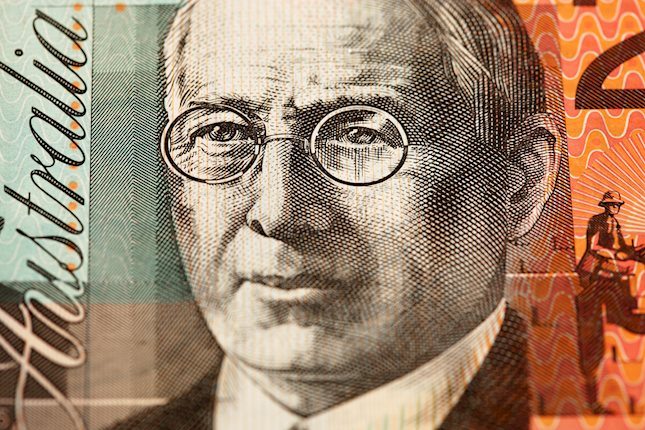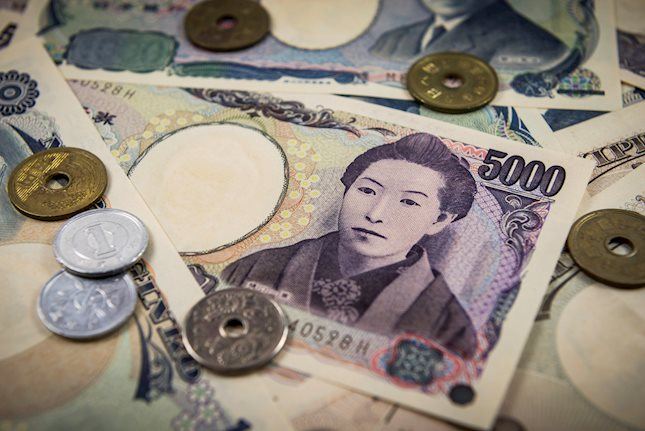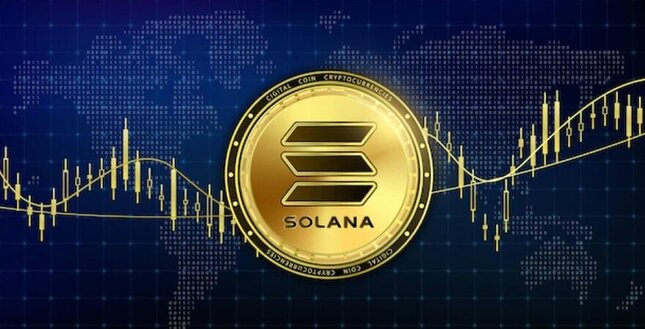Following its quarterly monetary policy assessment on Thursday, the Swiss National Bank (SNB) board members decided to cut the benchmark Sight Deposit Rate by 25 basis points (bps) from 1.75% to1.50%.
The rate decision came in as a surprise to the markets.
Summary of the SNB policy statement
Momentum on the mortgage and real estate markets has weakened noticeably in recent quarters. However, the vulnerabilities in these markets remain.
The weak demand from abroad and the appreciation of the Swissfranc in real terms over the past year are having a dampening effect.
In this environment, unemployment is likely to continue to rise gradually, and the utilization of production capacity is likely to decline somewhat further.
Banks’ sight deposits held at the SNB will be remunerated at the SNB policy rate up to a certain threshold, and at 1.0% above this threshold.
This scenario for the global economy is still subject to significant risks. Inflation could remain elevated for longer in some countries, necessitating a tighter monetary policy there than expected in the baseline scenario.
The SNB also remains willing to be active in the foreign exchange market as necessary.
The new conditional inflation forecast is significantly lower than that of December.
The easing of monetary policy has been made possible because the fight against inflation over the past two and a half years has been effective.
In theshort term, this is above all due to the fact that price momentum in the case of some categoriesof goods has slowed more quickly than had been expected in December .
According to the new forecast, inflation is also likely to remain in this range over the next few years.
Global economic growth is likely to remain moderate in the coming quarters.
The weak demand from abroad and the appreciation of the swiss franc in real terms over the past year are having a dampening effect.
Inflation is currently being drivenabove all by higher prices for domestic services.
Our forecast for switzerland, as for the global economy, is subject to significant uncertainty.
Market reaction to the SNB interest rate decision
In a knee-jerk reaction to the unexpected SNB rate cut decision, the USD/CHF pair nearly 100 pips to 0.8975 before easing slightly to 0.8965, where it now wavers. The pair is up 0.95% on the day.
SNB FAQs
The Swiss National Bank (SNB) is the country’s central bank. As an independent central bank, its mandate is to ensure price stability in the medium and long term. To ensure price stability, the SNB aims to maintain appropriate monetary conditions, which are determined by the interest rate level and exchange rates. For the SNB, price stability means a rise in the Swiss Consumer Price Index (CPI) of less than 2% per year.
The Swiss National Bank (SNB) Governing Board decides the appropriate level of its policy rate according to its price stability objective. When inflation is above target or forecasted to be above target in the foreseeable future, the bank will attempt to tame excessive price growth by raising its policy rate. Higher interest rates are generally positive for the Swiss Franc (CHF) as they lead to higher yields, making the country a more attractive place for investors. On the contrary, lower interest rates tend to weaken CHF.
Yes. The Swiss National Bank (SNB) has regularly intervened in the foreign exchange market in order to avoid the Swiss Franc (CHF) appreciating too much against other currencies. A strong CHF hurts the competitiveness of the country’s powerful export sector. Between 2011 and 2015, the SNB implemented a peg to the Euro to limit the CHF advance against it. The bank intervenes in the market using its hefty foreign exchange reserves, usually by buying foreign currencies such as the US Dollar or the Euro. During episodes of high inflation, particularly due to energy, the SNB refrains from intervening markets as a strong CHF makes energy imports cheaper, cushioning the price shock for Swiss households and businesses.
The SNB meets once a quarter – in March, June, September and December – to conduct its monetary policy assessment. Each of these assessments results in a monetary policy decision and the publication of a medium-term inflation forecast.
Information on these pages contains forward-looking statements that involve risks and uncertainties. Markets and instruments profiled on this page are for informational purposes only and should not in any way come across as a recommendation to buy or sell in these assets. You should do your own thorough research before making any investment decisions. FXStreet does not in any way guarantee that this information is free from mistakes, errors, or material misstatements. It also does not guarantee that this information is of a timely nature. Investing in Open Markets involves a great deal of risk, including the loss of all or a portion of your investment, as well as emotional distress. All risks, losses and costs associated with investing, including total loss of principal, are your responsibility. The views and opinions expressed in this article are those of the authors and do not necessarily reflect the official policy or position of FXStreet nor its advertisers. The author will not be held responsible for information that is found at the end of links posted on this page.
If not otherwise explicitly mentioned in the body of the article, at the time of writing, the author has no position in any stock mentioned in this article and no business relationship with any company mentioned. The author has not received compensation for writing this article, other than from FXStreet.
FXStreet and the author do not provide personalized recommendations. The author makes no representations as to the accuracy, completeness, or suitability of this information. FXStreet and the author will not be liable for any errors, omissions or any losses, injuries or damages arising from this information and its display or use. Errors and omissions excepted.
The author and FXStreet are not registered investment advisors and nothing in this article is intended to be investment advice.
Recommended content
Editors’ Picks

AUD/USD languishes near multi-year lows below 0.6250 after dovish RBA Minutes
AUD/USD remains depressed below 0.6250 early Tuesday after the December RBA Minutes reiterated that upside inflation risks had diminished, which reaffirms bets for a rate cut in early 2025. This, along with concerns about China's fragile economic recovery and US-China trade war, undermines the Aussie and weighs on the pair.

USD/JPY eases toward 157.00 after Japanese verbal intervention
USD/JPY has come under renewed selling pressure, easing toward 157.00 after Japanese Finance Minister Kato's verbal intervention. The pair erased early gains, induced by the October BoJ meeting Minutes. However, the downside could be limited as the US Dollar hold the previous rebound.

Gold remains stuck between two key barriers amid thin trading
Gold price is attempting another run higher while defending the $2,600 threshold early Tuesday. In doing so, Gold price replicates the recovery moves seen in Monday’s trading, which eventually fizzled out on a broad US Dollar comeback in tandem with US Treasury bond yields.

Solana dominates Bitcoin, Ethereum in price performance and trading volume: Glassnode
Solana is up 6% on Monday following a Glassnode report indicating that SOL has seen more capital increase than Bitcoin and Ethereum. Despite the large gains suggesting a relatively heated market, SOL could still stretch its growth before establishing a top for the cycle.

Bank of England stays on hold, but a dovish front is building
Bank of England rates were maintained at 4.75% today, in line with expectations. However, the 6-3 vote split sent a moderately dovish signal to markets, prompting some dovish repricing and a weaker pound. We remain more dovish than market pricing for 2025.

Best Forex Brokers with Low Spreads
VERIFIED Low spreads are crucial for reducing trading costs. Explore top Forex brokers offering competitive spreads and high leverage. Compare options for EUR/USD, GBP/USD, USD/JPY, and Gold.